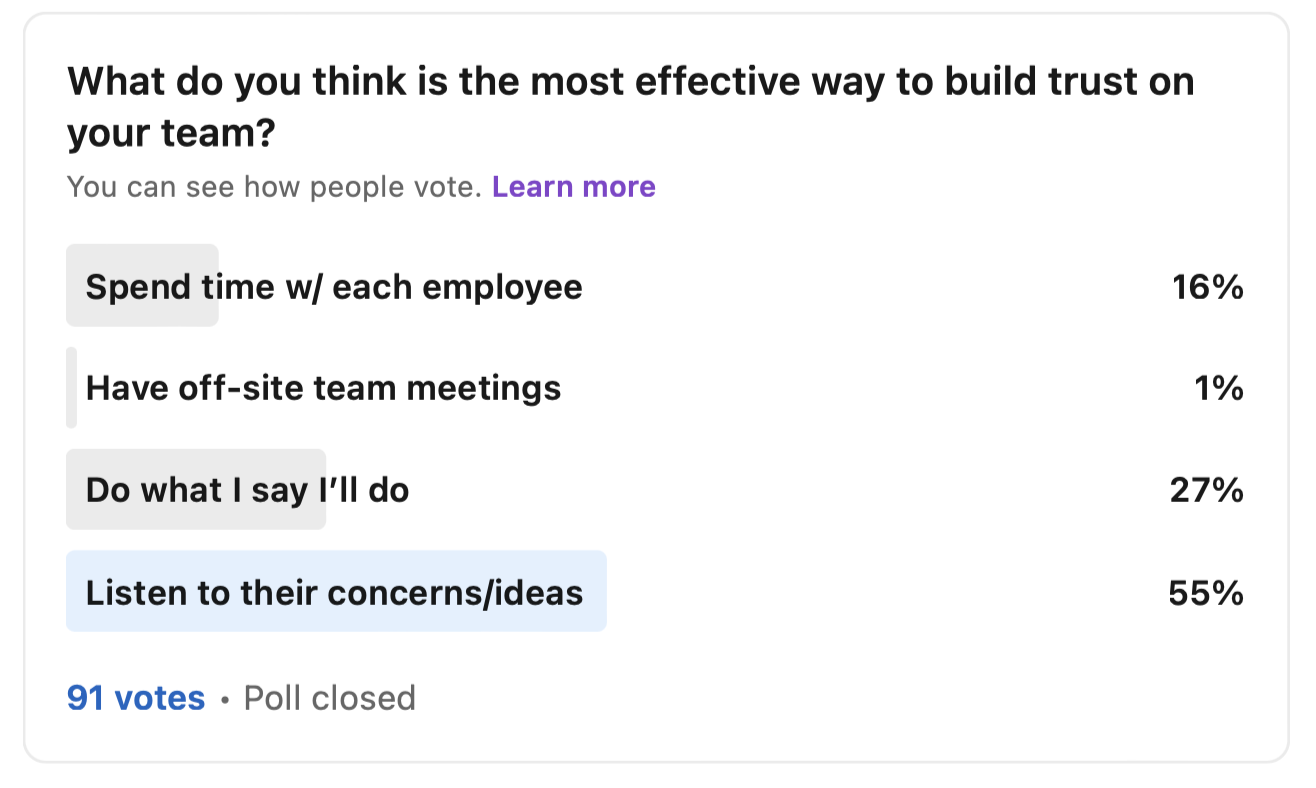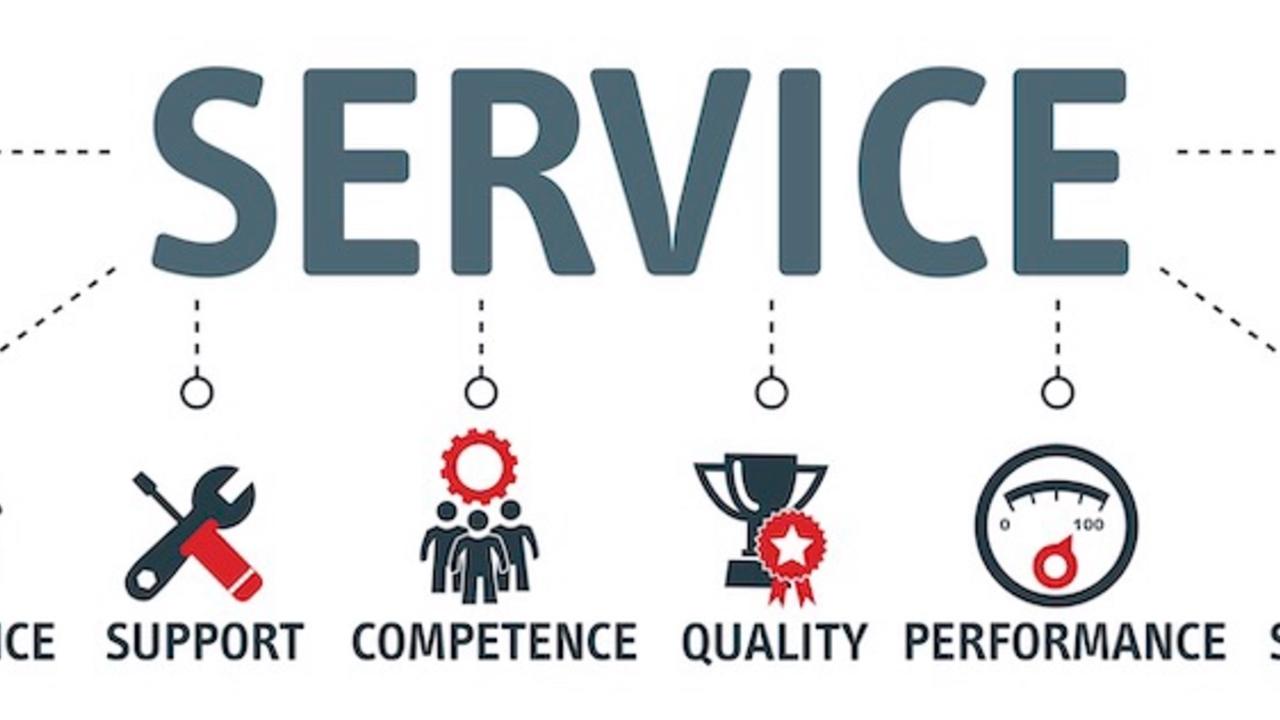How Delegation Builds Strong Teams

Delegation: Building Skills, Trust, and Future Leaders
In this month’s LeaderGov podcast, Mr. Bill Stark, co-founder of LeaderGov, and Ms. Lindsay Snyder welcomed Mr. Matthew Lue, Chief Financial Officer for the City of Columbia, Missouri, (population 130,000) to discuss the vital leadership practice of delegation.
Mr. Lue shared how effective delegation not only frees a leader’s time but also develops staff, builds trust, and prepares the next generation of leaders.
Mr. Lue, who oversees a Finance department of approximately 80 employees in a city with over 1,600 – 2,000 employees, emphasized that his responsibility is to “leave the city in better hands” by equipping his team for future leadership. Delegation, he noted, instills pride in employees, gives them ownership of important work, and helps them grow professionally.
Key Insights from Mr. Lue:
- Know your team: Leaders should spend time observing and engaging with employees to understand both their strengths and areas for g ...
How Emotional Intelligence Helps Local Government Teams

In a recent LeaderGov workshop on Emotional Intelligence, leaders shared their perspective and best practices on effectively addressing their own emotions as well as emotional situations on their teams.
Underlying the leaders’ answers was a desire to improve their skill and the skills of their teams to address tension and emotion. LeaderGov recommended several tools to learn and grow EI for their teams including:
- Emotional Intelligence 2.0 Book Club
- Ted Talks
- LeaderGov’s EI Team Workshop
- LeaderGov’s Team EI Survey
- Team Discussion about EI
- Have individuals complete the free IHHP Assessment & MindTools EI Assessment
The workshop started by asking the local government leaders why they or their leadership teams sometimes do not lean into emotional situations at work. Leaders responded with the following ideas.
- Fear of conflict or confrontation.
- Lack of confidence in handling emotional situations effectively.
- Concern about making a situation worse.
- Belief that staying ...
City and County Leaders Speak on Clarity in Team Communication

Enhancing Communication in Local Government: Insights from Our Expert Webinar
Effective communication is crucial for the success of any organization, and local government is no exception. In a recent webinar, LeaderGov gathered over 150 leaders to discuss the challenges and best practices in team communication within local government settings. The insights shared provide a comprehensive look at where communication often breaks down, the typical communication cadence in departments, how information flows up and down the management line, and the impact of body language and tone on productive conversations.
Where Team Communication Usually Breaks Down
Leaders shared the following about communication breakdowns:
- Listening and Engagement: A significant number of participants highlighted issues with not actively listening or engaging in conversations. This lack of engagement can lead to misunderstandings and a breakdown in communication. Notably, over 50% of respondents mentioned that ...
How to build team trust: Linkedin Poll

LeaderGov published a poll on LinkedIN recently about how to best build trust on teams. We provided four answer options as to how to build trust. Two answers of the four were far and away the most valued. The chart below shows the results of the poll.

Listen to their concerns / ideas
The largest poll response on building trust had to do with listening to employees' concerns and ideas. Here are some examples and ideas on that important topic.
Listening to employees' concerns is an important aspect of being an effective leader. When employees feel that their concerns are heard and valued, it can lead to increased job satisfaction, higher trust, better performance, and improved retention rates.
Here are some tips on how to listen to employees' concerns as a leader:
- Create an open-door policy: In staff meetings or other venues, ensure your team knows that you are available to listen to their concerns, feedback, and suggestions. Encourage them to approach you and assur...
How to Work with a Toxic Boss

In local governments and in private business, having a toxic boss can be a difficult and stressful experience for any employee. Toxic bosses can cause a lot of harm to an employee's career, as well as their emotional and mental well-being. However, sometimes leaving a job or getting the toxic boss fired is not an option. In this post, we will explore ways that employees can work successfully with a toxic boss.
Understand Your Boss's Behavior
The first step in dealing with a toxic boss is to understand their behavior. Recognize that their behavior is not about you, but rather a reflection of their own personal issues. By understanding this, you can avoid taking their behavior personally. It's also important to have an open and compassionate mind. Their behavior may be temporary and driven by some crisis outside work that you are not aware of.
Set Boundaries
One of the best ways to deal with a toxic boss is to set boundaries. You can do this by being clear about your work hours, r...
Building Trust on Your Team

Having a high level of trust on City and County teams is paramount to the success of everything you do. Trust between individuals and teams can either stifle success or multiply success. Great sports teams who were under-rated in terms of skills often beat teams with much greater talent because they trusted each other and worked as a team.
Having a high level of trust on your team (whether it’s a department team, project team or city management team) has a range of positive benefits to those in local government. Below are a few indicators to know if you have high trust on your team:
- Is your team open to hearing honest feedback?
- Do your team members express their ideas in a transparent and honest way?
- Are your team members protective or careful in how they talk to each other?
- Do they know that the intentions of the people they work with are good?
- Does your team take input personally?
Your team may or may not have these attributes and it’s likely that you don’t have them ...
Coaching as a Strategic Development Tool for Cities and Counties

There are some great coaches that have influenced athletes over time. You probably can think of some examples.
In local government, you're the coach and the players are your employees. As with all coaching, it’s the athlete who has to carry out and execute the plans. You're not "on the field" and shouldn't be….you're on the sidelines encouraging, cheering and directing, just like a coach.
Coaching is based on the idea that you believe the person is capable of solving their own issue. Your goal is to help them develop a path to address a need by asking great questions.
Coaching is not a few things….
- Coaching is not an annual review
- Coaching is not feedback per se
- Coaching is not being someone’s friend, although you may like the person
- Coaching does not rely on your inspiration, but rather the person’s
- Coaching is not directly telling someone what to do
Coaches facilitate, they don’t offer direct input per se or micro-manage. Mainly they ask questions to get to ...
Leading in Customer Service

Whether you are Director of Finance at a City, a County Manager or a Public Works Manager, providing customer service to other departments or to citizens is everyone’s job and it’s job #1. As a leader you should be involved in the design, implementation and measurement of a customer service strategy to ensure your department is serving others well.
Citizens are becoming more and more accustomed to next day delivery and ease of shopping all brought about by customer service innovation at Amazon and other online retailers. They’ve tried to perfect the experience of shopping and they’ve raised the bar for other providers of services, including cities and counties.
In this blog we want to share six service strategies you can oversee to ensure the delivery of exceptional customer service in your department, city or county.
#1 Define Success
As a leader or manager, you should oversee the successful definition of customer service to your citizens or the employee you serve. In creating...
Four ways to lead any personality type on your team

As a leader, it's important to know the people you work with. Strong relationships lead to stronger teams, and stronger teams lead to a more productive and more successful company. But getting to know people isn't just knowing their favorite TV show or the name of their spouse. That's trivia. To effectively manage your team, you've got to be aware of and understand your team members' personalities.
There are tons of personality tests out there: Myers-Briggs, Big Five, DiSC, StrengthsFinder, etc. All of these seek to categori
...Succession Planning Grid Using the 9-Box Grid

Local government leaders know that it’s important to have a succession plan and a way to identify each person’s development needs related to future roles. A terrific tool for cities and counties to use to identify gaps in readiness the 9-Box Grid.
Since local government base salary can sometimes sway employees to leave (and make it hard to attract quality talent) city and county leaders need to do all you can to groom and develop the talent you have in-house.
A 9-Box is a fairly simple approach to assessing your employees’ current potential and performance.
As the title describes, there are nine boxes in this assessment grid. Each box represents a type of employee that’s on your team and each type needs something different to grow and prosper.
The vertical part of the grid has to do with potential.
- Do your employees have the potential to grow and develop into a leader and into a future larger role, of say….Water Billing Manager?
The horizontal axis is about performance.
...
